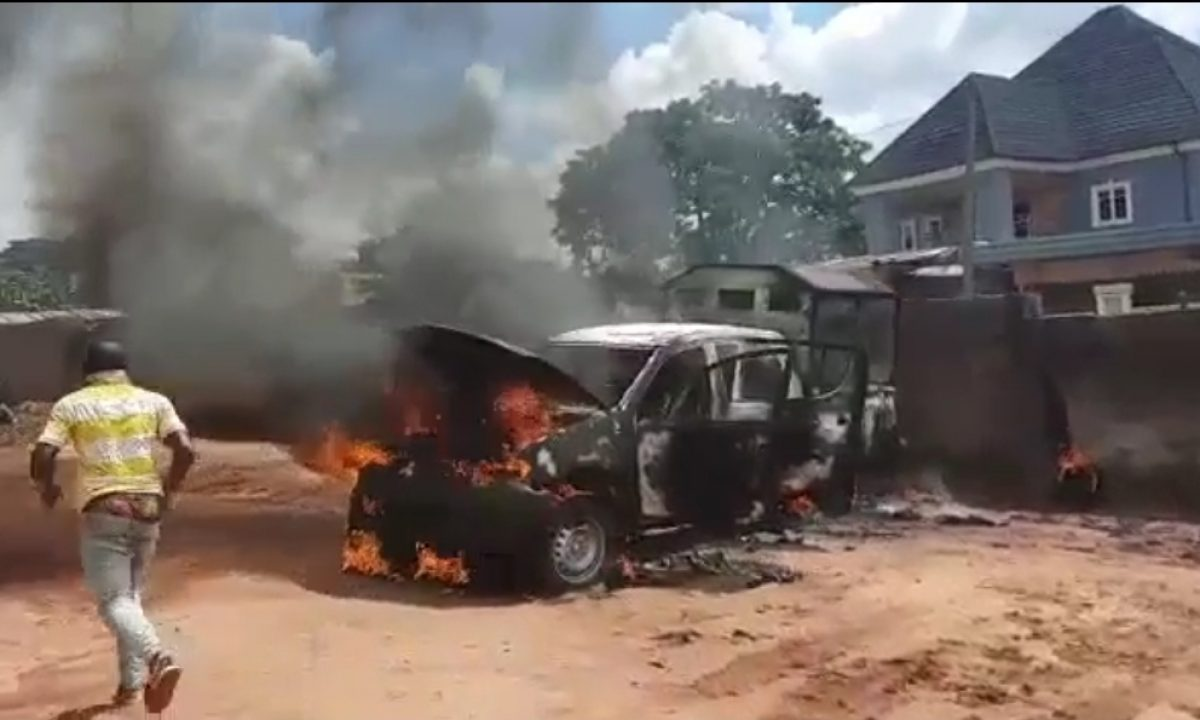By Femi
Fani-Kayode
I love this country
with every fibre of my being.
For three generations before me, my forefathers, my great-grandfather, my
grandfather and my father, have made solid and notable contributions to the
developmemt of this country in both the private and public sectors.
My
great-grandfather, Rev. Emmanuel Adebiyi Kayode, studied theology at the great Fourah Bay College in Freetown, Sierra Leone, and Durham
University in the United Kingdom after which he returned to Nigeria.
He was ordained an
Anglican priest, the first Nigerian to take Christianity to our hometown,
Ile-Ife, and was the first to build and pastor the first Anglican Church in
that ancient town.
My grandfather, Chief Victor Adedapo Kayode, studied law at Cambridge University
and was called to the English bar after which he returned to Nigeria.
He played a key
role in the development of education in the country, was deeply involved in the
fight against the excesses of our British colonial masters, fought for the
rights of the so-called “African natives” and “indigenous population” in the
old Lagos Colony and was the third Nigerian to be appointed to the Judiciary
after a brilliant and rewarding career as a criminal lawyer.
My father, Chief
Remi Fani-Kayode, QC, SAN, CON, was born in the United
Kingdom, studied law at Cambridge
University and was called to the
English bar after which he returned to Nigeria.
Like his father, he also excelled as a lawyer and he set up the first and most
successful indigenous Nigerian law firm of that time with Chief Rotimi
Williams, QC, SAN, CON, and Chief Bode Thomas.
He went into
politics, was deeply involved in the struggle for our independence from
colonial rule and he successfully moved the motion for Nigeria’s
independence in Parliament and went on to become a Minister and Deputy Premier
of the old Western Region of Nigeria.
I have fought military rule, been involved in the struggle for democracy and I
have participated heavily in partisan politics, political commentary and
political discourse in our country for the last 26 years.
I have had the rare
honour and distinct privilege of serving her at the highest level of governance
first as a presidential spokesman and then as a Federal Minister in two
separate Ministries as far back as 10 years ago.
I have suffered
persecution, self-imposed exile, illegal and unlawful incarceration and the
most vicious forms of insults and misrepresentation for Nigeria over the years and I have
also invested my time, resources and energy heavily in the political terrain
and development in our country.
Yet, despite all
these wonderful opportunities, the monumental sacrifices that my illustrious
forefathers and I have made and our love for and commitment to Nigeria it is
time to ask some hard questions. Those questions are as follows:
Is Nigeria really
one nation or is she many nations forced to remain within an artificial,
unworkable and unsustainable entity?
Are our people really “bound in freedom, peace and unity” as our National
Anthem proudly proclaims or is that just a deceitful mirage and never-ending
illusion?
Is our marriage and
amalgamation borne out of consensus and a genuine desire to remain together or
borne out of compulsion?
Can a nation prosper, excel or achieve its full potentials when its people are
perpetually squabbling and struggling over the distribution of its meagre resources
and when they have two distinct and irreconcilable world views?
Can it thrive when
one group wishes to live and compete in the new, enlightened and modern free
world whilst the other wishes to go back to the bondage of the dark ages?














